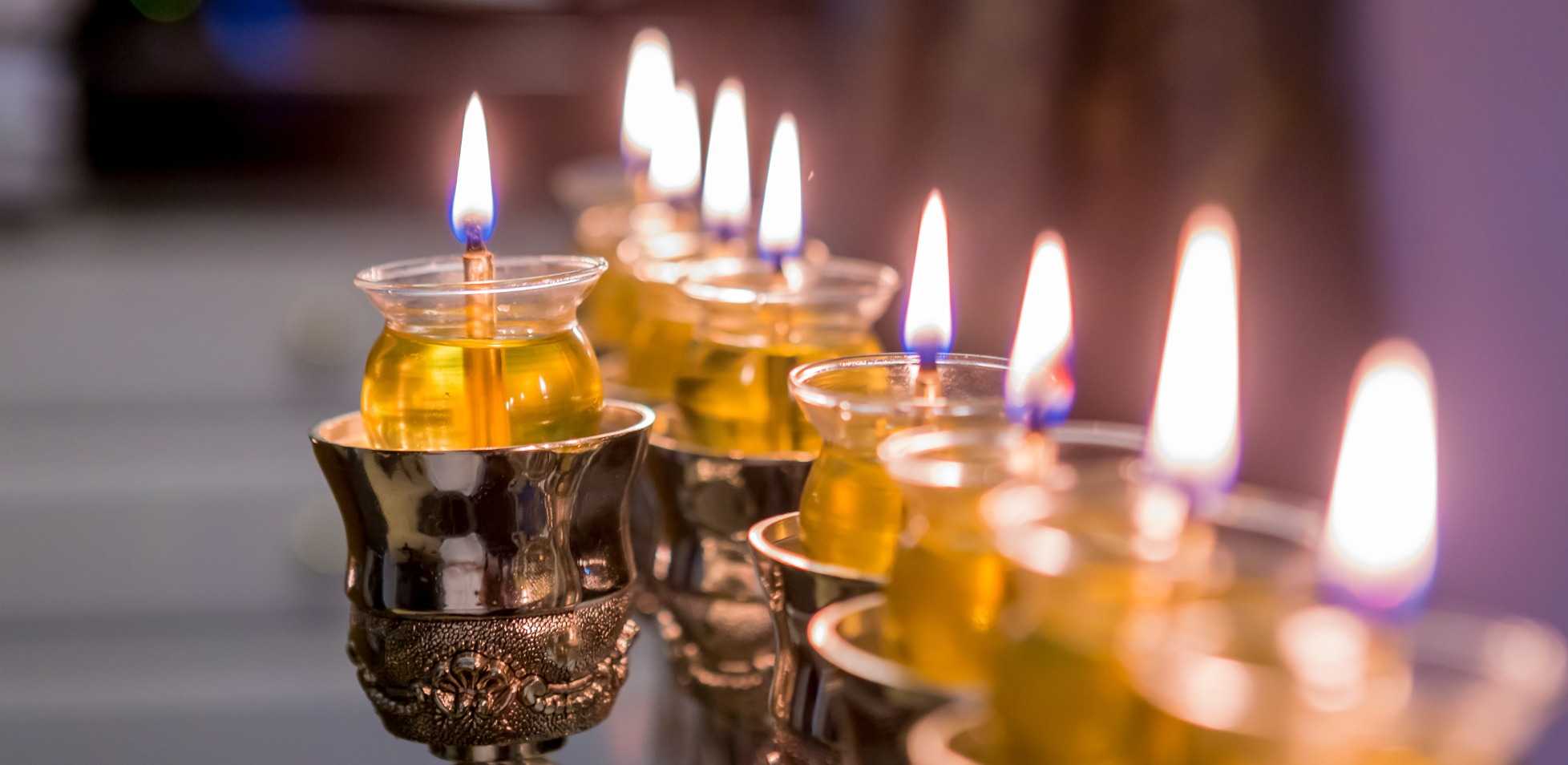Summer Celebrations around the World
From plentiful feasts to a dazzling display of thousands of fireworks, summer celebrations are anything but dull. Here’s some of the most remarkable events taking place worldwide in the coming months.
Midsummer — Sweden

When: usually between 19 and 25 June
Dancing, drinking, feasting, and an endless supply of daylight: what is there not to like about Midsummer in Sweden? Traditionally celebrated on the Friday between 19 and 25 June, this summer solstice festival brings friends and families, young and old, together to observe the longest day of the year.
Midsommarafton (Midsummer’s Eve) is all about celebration; with wreaths of wildflowers on their heads, everybody dances around the maypole and sings traditional songs until sunset. If all this makes you hungry, there is plenty of herring, salmon, potatoes, meatballs, and strawberries to feast on, whilst enjoying a shot of schnapps with old (and new) friends.
According to a popular Swedish legend, you should place your flower crown (also known as krans) under your pillow that night to dream about your future lover!
Independence Day (Fourth of July) — United States

When: 4 July
With billions of US dollars spent on fireworks to light up this day, the US celebrates its birthday as an independent nation.
Since this is the largest national holiday in the US, millions of Americans mark the occasion across the states with the Star Spangled Banner (national anthem), flags, fireworks, parties and parades… and last but not least, delicious food. From ice cream and barbeques, to hot dog eating contests — friends and families enjoy sharing this holiday to celebrate independence.
In fact, 150 million hot dogs are consumed each Fourth of July weekend. If that wasn’t enough, this holiday is also the number one top beer-drinking event of the year, with over three billion dollars spent on wine and beer.
For those who prefer to sit back and enjoy the parades, and fireworks display, Bristol Harbor in Rhode Island might just be the perfect spot to curl up under the spectacular lights.
O-bon — Japan

When: 13–15 August
This Japanese-Buddhist custom is one of the most important traditions of Japanese culture. It is believed that during O-bon, spirits return to their homes to be reunited with their families, who light up paper lanterns inside their houses as a way to call their ancestors’ spirits back home.
August is the most common time for O-bon, but depending on the specific region in Japan, there are also celebrations in July or on the 15th day of the seventh lunar month.
During the three-day festival, flowers and lanterns are displayed, incense is burned, and dances are performed to the rhythm of the drums (bon odori). It is a time for relatives to come together and in many cities, you can also find carnival games and rides for the occasion.
The festival comes to an end on the third day of O-bon, when the spirits are sent off again. In Kyoto, for example, this is done with the help of five giant bonfires that are lit up in the mountains surrounding the city (Daimoniji).
Relatives, meanwhile, may bring toro nagashi (candle-lit lanterns) to float down the river and into the ocean — this tradition symbolizes the return of the spirits to the spirit world and is done send off their ancestors’ spirit in a beautiful way. (Though for the environment’s sake, the lanterns are typically collected again before they can actually reach the ocean.)
La Tomatina — Spain

When: Last Wednesday of August
While another food festival in summer may come as no surprise, La Tomatina is no ordinary event. With thousands of tomato enthusiasts pelting each other with around 150,000 over-ripe tomatoes, this Spanish festival proudly holds the title of the largest food fight in the world.
Despite being a relatively new tradition, over 17,000 tourists and 5,000 locals travel to the small village of Bunyol (Valencia) every year to experience this crazy and messy event. Although no one knows the origin of this event, it is believed that youngsters launched tomatoes at the typical Valencian giant figures (Gigantes y Cabezudos) during a parade, which sparked a street food-brawl back in 1945.
Once the fight ends, fire-fighters wash the streets and people down with hoses. Surprisingly, the acidity of the tomatoes act as a disinfectant, leaving the streets fresh and clean!
UEFA Euros

When: Every four years between June and July
One of the most highly anticipated events for millions of avid football fans, the Euros are the second-most watched football tournament (after the World Cup).
During the 2024 event in Germany, 24 nations compete in 51 matches to find out who is the number 1 in Europe.
Are you a fan? Then make sure to be on the lookout for opportunities to enjoy the matches together with other InterNations members! We’ve already seen a number of activities posted in our calendar — and not just in Europe.
Advertisement
About Mia Ensenyat
Mia Ensenyat is originally from Mallorca, an island off the coast of Spain. During her Social and Political Science studies, and after spending half of her compulsory placement year in London, Mia worked at InterNations as a Public Relations Intern in the Marketing & Communications Department.
Article topics
Related articles
Unusual Christmas Traditions from around the World
Cultures from across the globe celebrate the holiday season in many different ways. Here’s a roundup of the most unusual Christmas traditions: from scary goat creatures to rollerblading parades to church, we cover everything from the weird to the downright nonsensical.
What’s Your Cup of Tea? — Tea Cultures around the World
In many countries, tea is much more than just a beverage. It’s often deeply connected with the culture and the people. The Japanese tea ceremony is about connecting on a spiritual level while in Morocco, tea is served as a sign of hospitality. Discover the different traditions around this hot beverage.
Birthday Traditions from around the World
In most Western cultures, birthdays are celebrated with cakes and candles. In the following, we take a look at some unique ways of celebrating, from bumps to noodles.
Five Alternative Ways to Celebrate New Year’s Eve
The coming of the New Year has always been cause for celebration and optimism. Everywhere throughout time, people have celebrated the chance for a fresh start, but we don’t all observe the same traditions. Quite on the contrary, each of us celebrates the New Year in our own distinct fashion.
The Festival of Lights: Celebrating the 8 Days of Hanukkah
The Jewish holiday of Hanukkah is celebrated all over the world in December. If you’re an expat away from home this holiday season, have Jewish friends, or simply want to know more about the festival, here are some ideas of how you can bring some light into your everyday life this Hanukkah.




